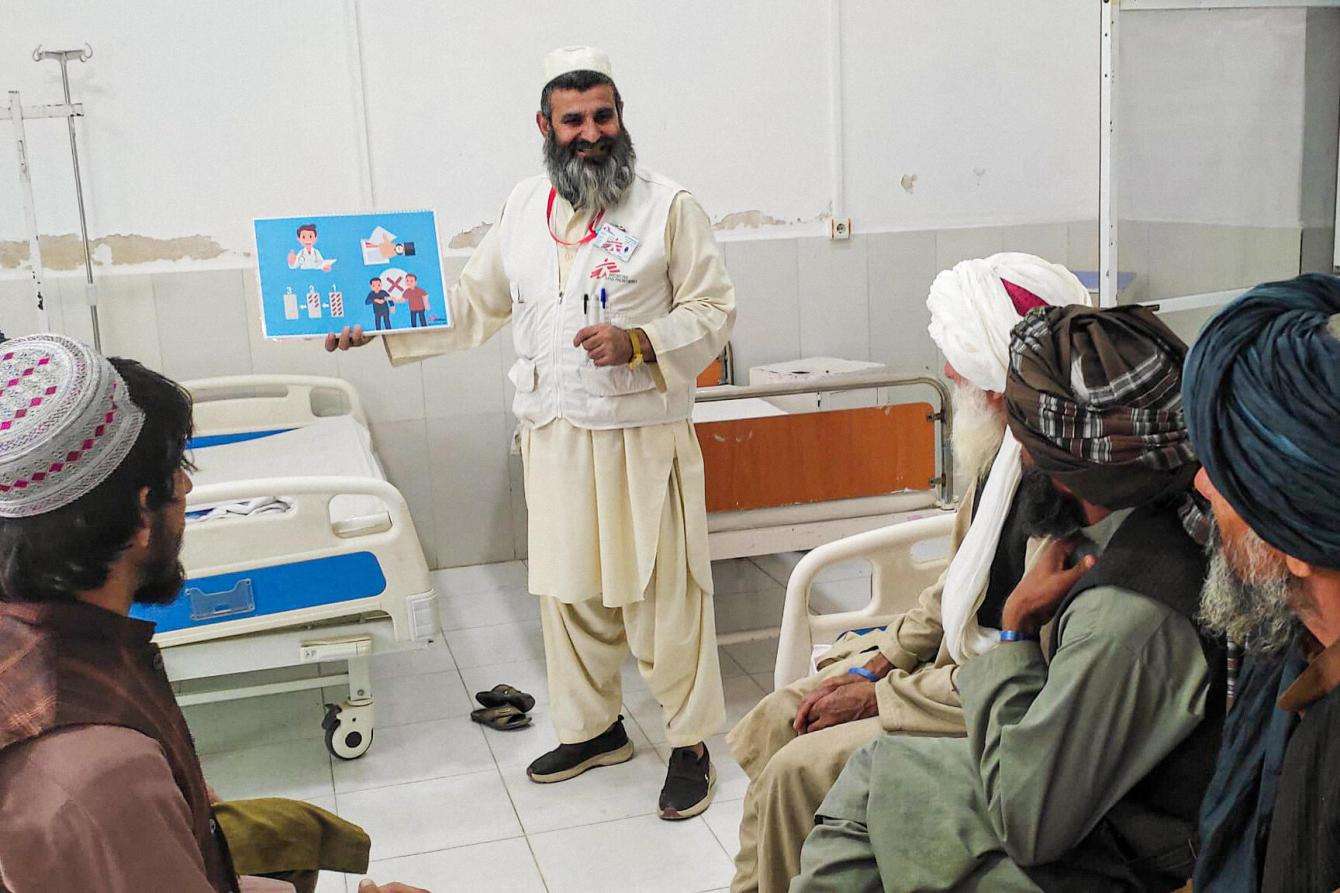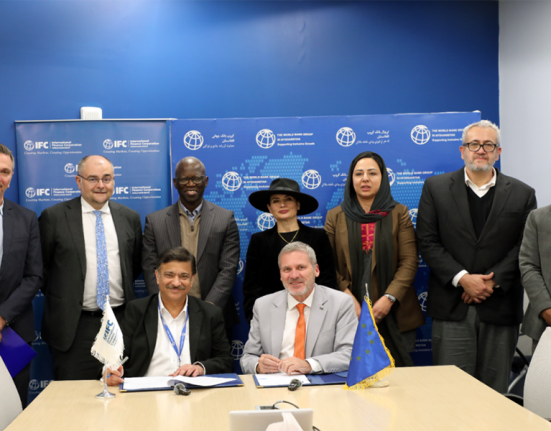Doctors Without Borders organization in a report titled “When medicine doesn’t work; How to recover” expressed concern about antimicrobial resistance (AMR) in Afghanistan.
Kabul 24: While there is limited information on antibiotic resistance in Afghanistan, Dr. Letizia Otieno says that the available scientific literature indicates levels of antibiotic resistance in the country.
According to this report, antimicrobial resistance occurs in settings with limited resources, poor access to quality health care, access to clean water and infection prevention measures, vaccines, and medical and laboratory supply chains.
So far, throughout Afghanistan, MSF provides a package of services to combat AMR antimicrobial resistance, including infection prevention measures to prevent the spread of resistant bacteria.
The organization’s report states: We also establish antimicrobial stewardship committees to ensure appropriate selection and correct use of antibiotics for patients.
It should be noted that Doctors Without Borders has recently opened two bacteriological laboratories in Kunduz and Khost provinces to help identify bacteria and choose appropriate antibiotics to treat infections.
Dr. Letizia Otieno, a specialist in infectious diseases, states: We are facing antibiotic resistance every day. This has a serious impact on the health care system.
Otieno explained that resistant infections require more drugs, resources for treatment, longer hospitalizations, expensive antibiotics and specialist doctors.
Serious infections also increase the risk of death, especially for vulnerable people such as infants, pregnant women, severely malnourished children, and those with traumatic injuries.
Antimicrobial resistance (AMR) occurs when microbes have a greater ability to survive against the drugs being used. This resistance spreads in many countries with fragile and weak health systems







